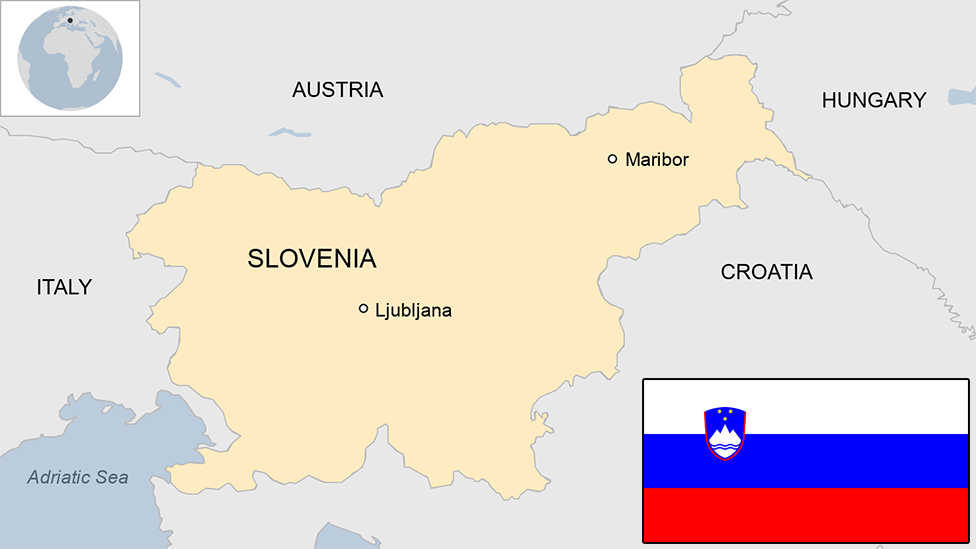Hungary country profile
- Published
This page is no longer being updated. It was last updated on 4 June 2024
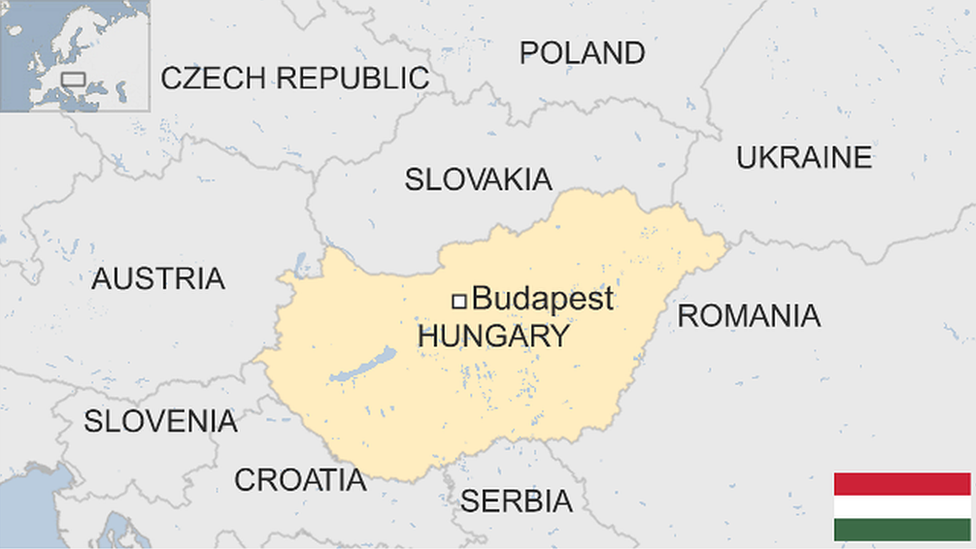
Hungary traces its history back to the Magyars, an alliance of semi-nomadic tribes from southern Russia and the Black Sea coast that arrived in the region in the ninth Century.
After centuries as a powerful medieval kingdom, Hungary was part of the Ottoman and then Habsburg empires from the 16th Century onwards, emerging as an independent country again after World War One.
After decades under Communist rule, Hungary's status as a liberal democracy and member of the European Union has been questioned by the increasingly authoritarian actions of populist right-wing Prime Minister Viktor Orban.
A landlocked country, Hungary is home to Lake Balaton, the largest in central Europe, and to a large number of spa towns and hot springs.
Read more country profiles , external- Profiles by BBC Monitoring, external
REPUBLIC OF HUNGARY: FACTS
Capital: Budapest
Area: 93,030 sq km
Population: 9.78 million
Languages: Hungarian
Life expectancy: 72 years (men) 79 years (women)
LEADERS
President: Tamás Sulyok
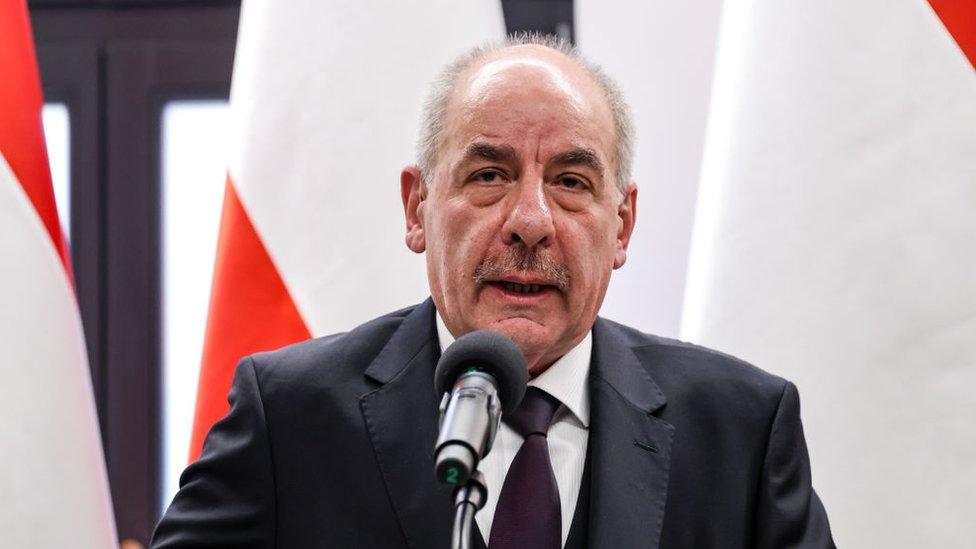
The former head of the constitutional court, Tamás Sulyok, was elected as president in February 2024, following the resignation of Katalin Novák after she pardoned a man convicted of helping to cover up sexual abuse in a children's home.
Novák, a close ally of conservative Prime Minister Viktor Orban, resigned a week after news of her presidential pardon was reported by local media. Protests calling for her to step down had been growing in Hungary.
Judit Varga, the former minister of justice who approved the pardon, also resigned from her new role leading the June 2024 European elections campaign for Prime Minister Viktor Orban's ruling Fidesz party.
In 2022, Novák became the first woman to hold the largely ceremonial role of Hungarian president.
The double resignation of its two most prominent female politicians was seen as a serious setback for Mr Orban and his party.
Prime minister: Viktor Orban
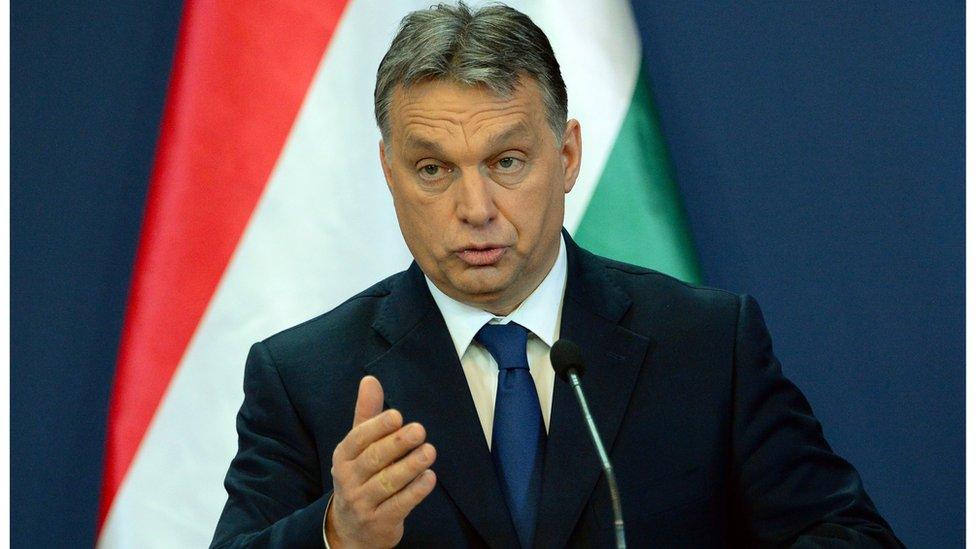
Mr Orban has often clashed with other EU leaders over what they see as authoritarian tendencies
Viktor Orban has concentrated an unprecedented amount of power in his hands while alarming other EU leaders with his brand of nationalist populism.
He has described his goal for Hungary as creating an "illiberal state", and argues that authoritarian systems like those in China, Turkey and Russia are a more appropriate model than Western liberal democracies.
Orban has been in power continuously since 2010. he has transformed Hungary into what the European Parliament has denounced as a "hybrid regime of electoral autocracy". He appears uncertain how to describe his own invention, trying both "illiberal democracy" and "Christian liberty".
He has repeatedly clashed with European Union colleagues on migration and the war in Ukraine.
MEDIA
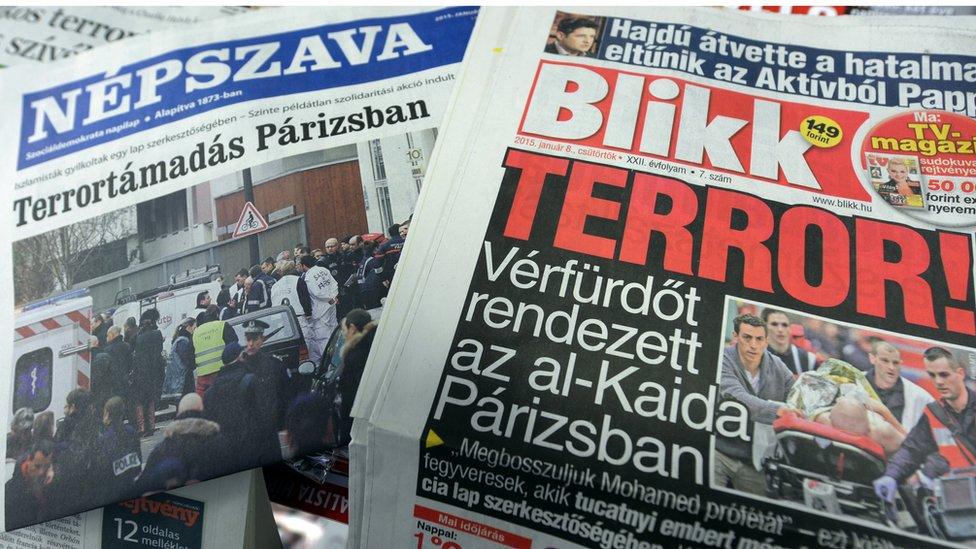
The governing Fidesz party has taken steps to bolster its media influence.
Hundreds of pro-government media outlets formerly owned by business figures loyal to Prime Minister Orban have merged to form a conglomerate.
Nonetheless, Reporters Without Borders says the media landscape is varied, with online outlets engaging in investigative reporting.
Read full media profile
TIMELINE
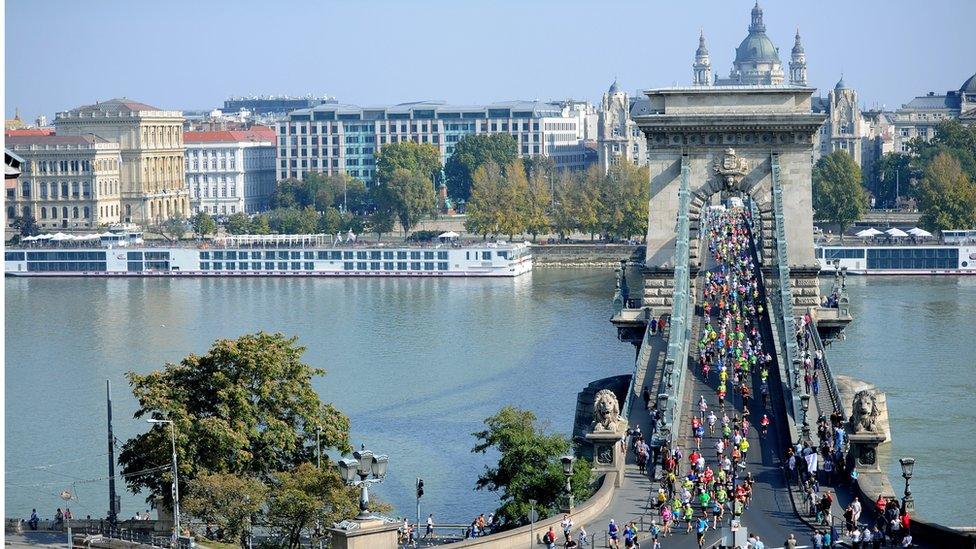
Bridge over the River Danube between Buda and Pest, the western and eastern sides of Budapest
Some key dates in Hungary's modern history:
1867 - Hungary becomes equal partner in Austro-Hungarian Empire.
1918 - Austro-Hungarian Empire is broken up at the end of World War One.
1920 - Under the Treaty of Trianon, Entente powers award more than two-thirds of Hungarian territory to Czechoslovakia, Romania and Yugoslavia, leaving a third of Hungarian speakers living outside the country.
1920s-1930s - Admiral Horthy's rule is characterised by bitter resentment at loss of Hungarian territories, becomes progressively more reactionary and more closely allied with Nazi Germany.
1941-1945 - Hungary fights on the side of Nazi Germany in World War Two, losing a large part of its army in Russia. The Germans occupy Hungary in in 1944 after Hungary seeks an armistice. Hundreds of thousands of Jews and gypsies are deported to death camps.
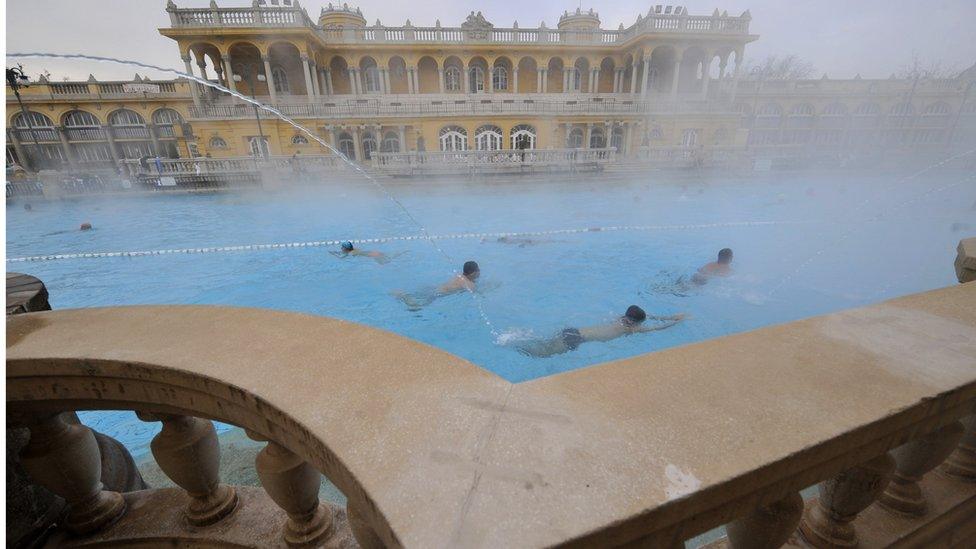
The Szechenyi Thermal Baths in Budapest, one of the largest spa complexes in Europe
1947-49 - Communists consolidate power under the Soviet occupation, with a new constitution, the nationalisation of industry, collectivised agriculture and mass terror.
1956 - An uprising against Soviet domination suppressed by the Soviet Army. Janos Kadar becomes head of government.
1989-91 - Fall of communism after the opening of the border with Austria to allow thousands of East Germans escape to the West. Democratic elections are held and Soviet forces withdraw from Hungary.
1999 - Hungary joins Nato.
2004 - Hungary is one of 10 new states to join the EU.
2010 - Populist right-wing Prime Minister Viktor Orban consolidates power with increasingly authoritarian measures.
2022 - Hungary bans the discussion of gender and sexual diversity in schools, the media and advertising. The law, which conflates paedophilia with homosexuality and expressions of gender identity, is challenged by the European Commission.
European Parliament passes a resolution stating that Hungary has become a "hybrid regime of electoral autocracy" under Orban's government
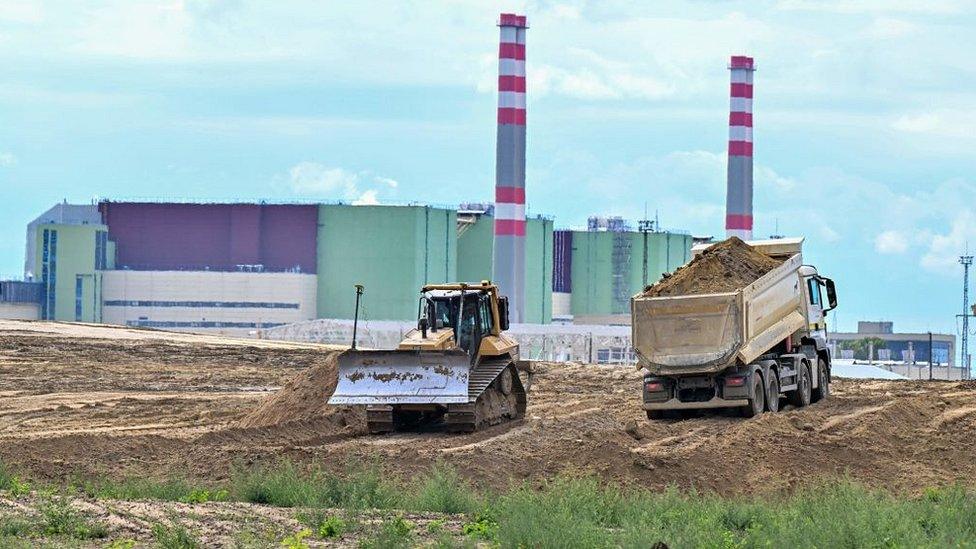
With Russian help, Hungary is going ahead with a second nuclear power plant at its existing Paks nuclear plant
Related topics
- Published14 April 2023
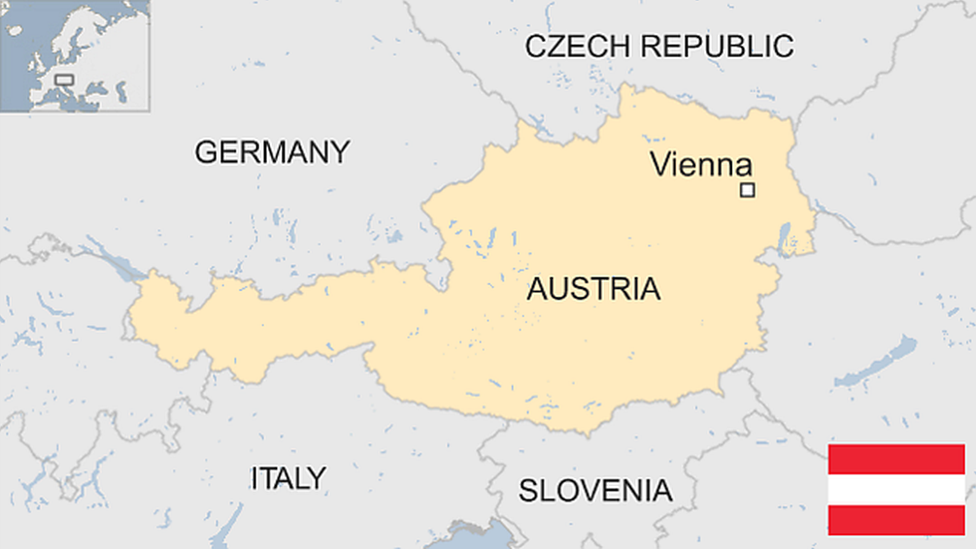
- Published11 December 2023
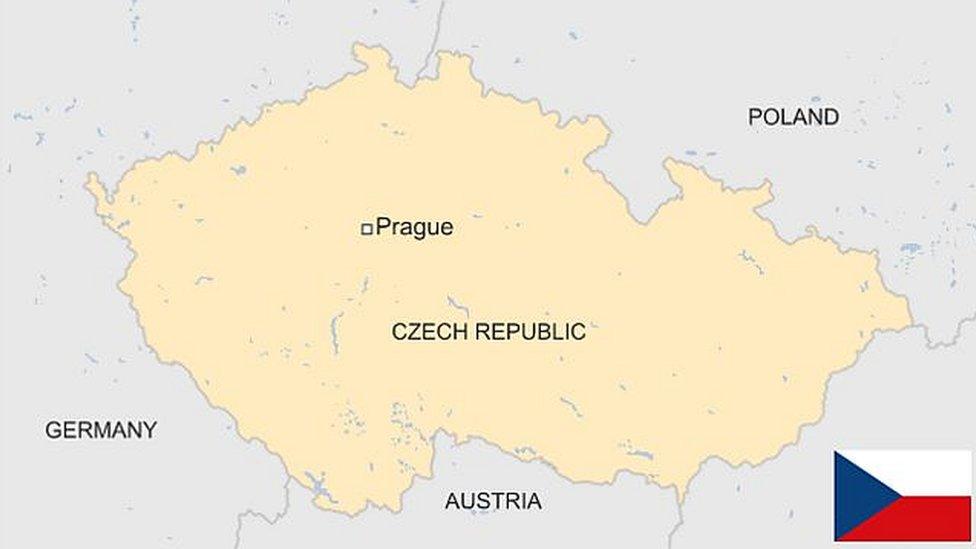
- Published5 June 2024
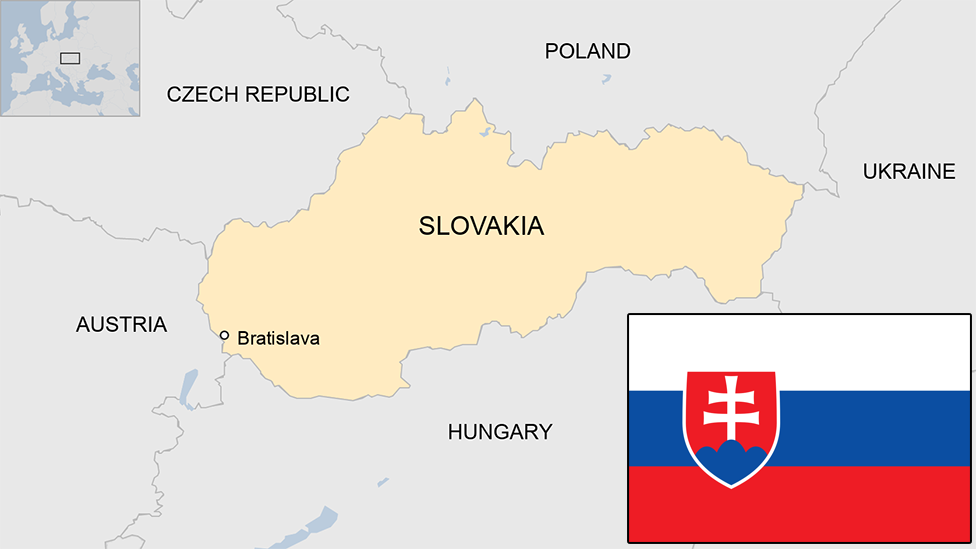
- Published27 January
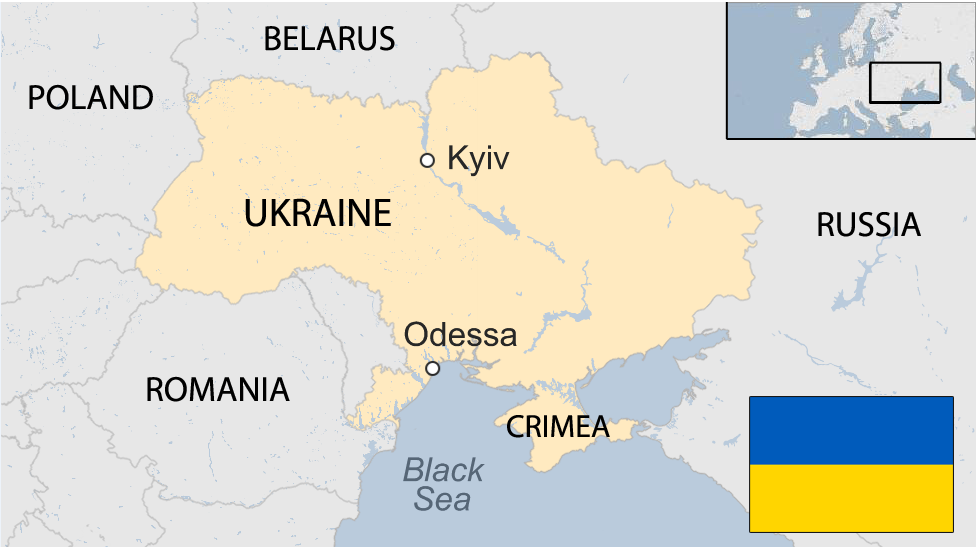
- Published18 December 2024
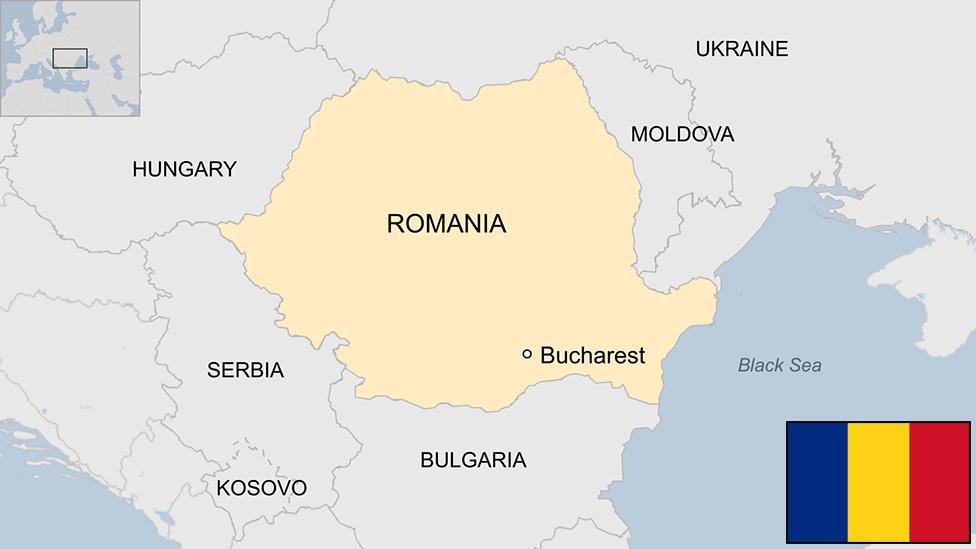
- Published28 January
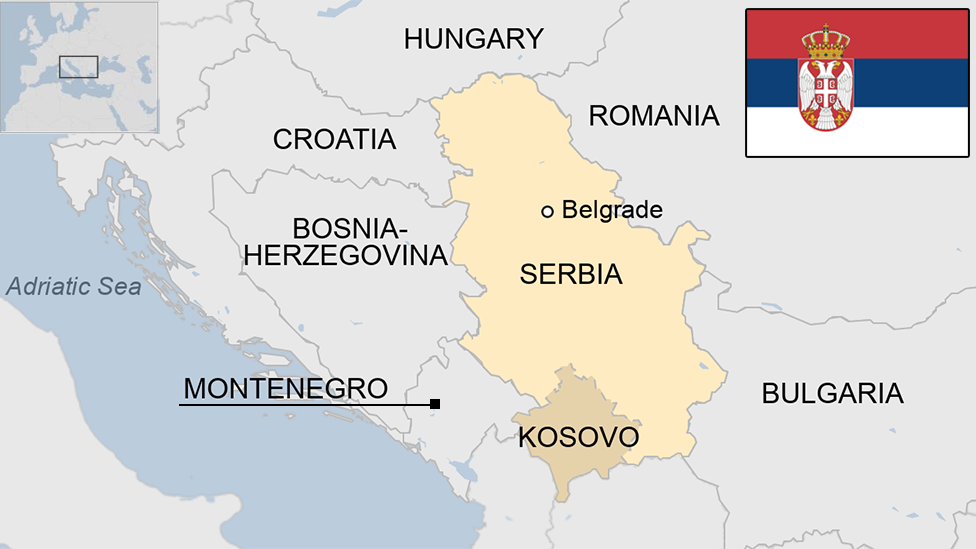
- Published13 January
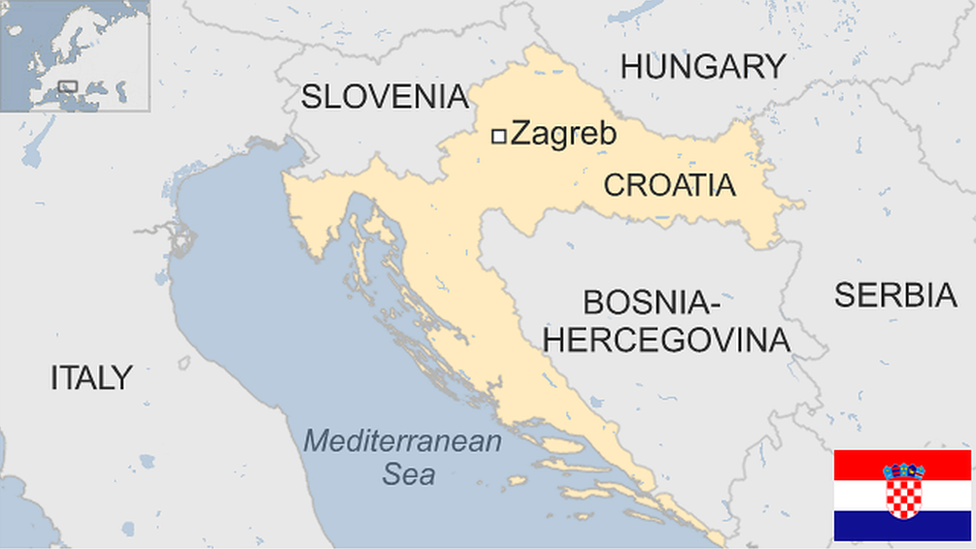
- Published28 June 2023
